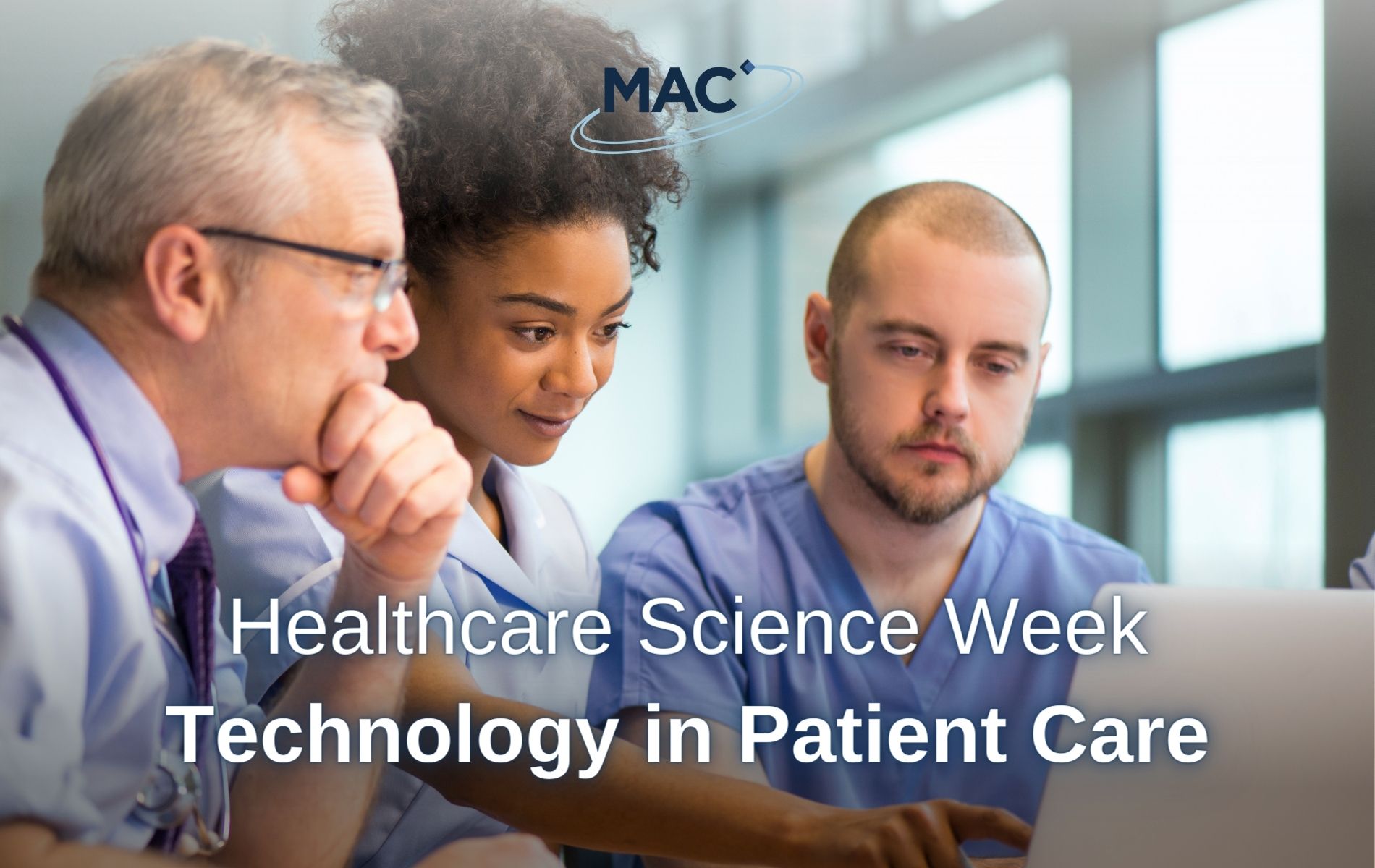As we celebrate Healthcare Science Week, it’s important to recognise the crucial role that science and technology play in advancing patient care, particularly in the realm of clinical trials. Clinical trials are essential for developing new treatments, therapies, and medical interventions, ultimately shaping the future of healthcare.
What are Clinical Trials?
Clinical trials are meticulously designed research studies that aim to evaluate the safety and efficacy of medical interventions, such as new medications and medical devices. They provide critical insights into the effectiveness of new or improved interventions and help determine whether they should be adopted as standard treatments. Science forms the foundation of clinical trials, guiding the development of the set-up of each study.
According to an NIHR Report, figures from April 2022 to March 2023 show almost one million people took part in clinical research across England1.
How has Technology Enhanced Clinical Trials so far?
Advancements in technology have revolutionised every aspect of clinical trials, from recruitment and data collection to analysis of results. Modern technologies, such as electronic health records (EHRs) and wearable devices, have streamlined the recruitment process, enabling researchers to identify and enrol eligible participants more efficiently.
Latest reports have indicated that at least 90% of NHS Trusts now have electronic health records2.
This not only accelerates the pace of clinical research but also ensures greater diversity of clinical trial participants, leading to a better reflection of real-life patient populations.
How is Technology Helping Today?
In current clinical trials, technology can play a crucial role in data collection and monitoring. Electronic data capture (EDC) systems allow researchers to collect and manage data electronically, reducing the risk of errors associated with manual data entry and facilitating real-time monitoring of study progress.
Other technologies such as Interactive Response Technology (IRT) in clinical trials protects data collected in clinical trials from being prejudiced.
For patients participating in clinical trials, wearable devices, such as a smart watch, equipped with sensors can continuously monitor vital signs, sleep and activity levels, as well as apps to monitor moods which provide researchers with valuable insights into the effects of the treatment under investigation.
How could Technology Help in the Future?
With the development of artificial intelligence (AI), there is the possibility of such technologies being incorporated into the clinical trial process to enable researchers to identify patterns and predict outcomes. These advanced analytical tools could filter vast amounts of data to uncover hidden correlations and associations, guiding researchers in the identification of biomarkers (measurable biological molecules that capture what is happening in a cell or an organism at a given moment), patient subgroups, and optimal dosing regimens.
Participating in a Clinical Trial
Science and technology are indispensable in the mission to improve patient care through clinical trials. By leveraging cutting-edge technologies, researchers can conduct more efficient, rigorous, and patient-centred trials that pave the way for the development of innovative therapies and interventions.
As we celebrate Healthcare Science Week, MAC Clinical Research want to reaffirm our commitment to harnessing the power of science and technology to advance healthcare for all.
If you are interested in taking part in a clinical trial and helping to advance healthcare, you can register for one of MAC’s clinical trials via our current trials webpage.
If you are eligible for one of our clinical trials, you may receive financial reimbursement for your time and commitment. You will also receive travel expenses and a full health check-up from our specialist team.
1 NIHR – Annual Statistics 2022/23
2 NHS England – 90% of NHS trusts now have electronic patient records








